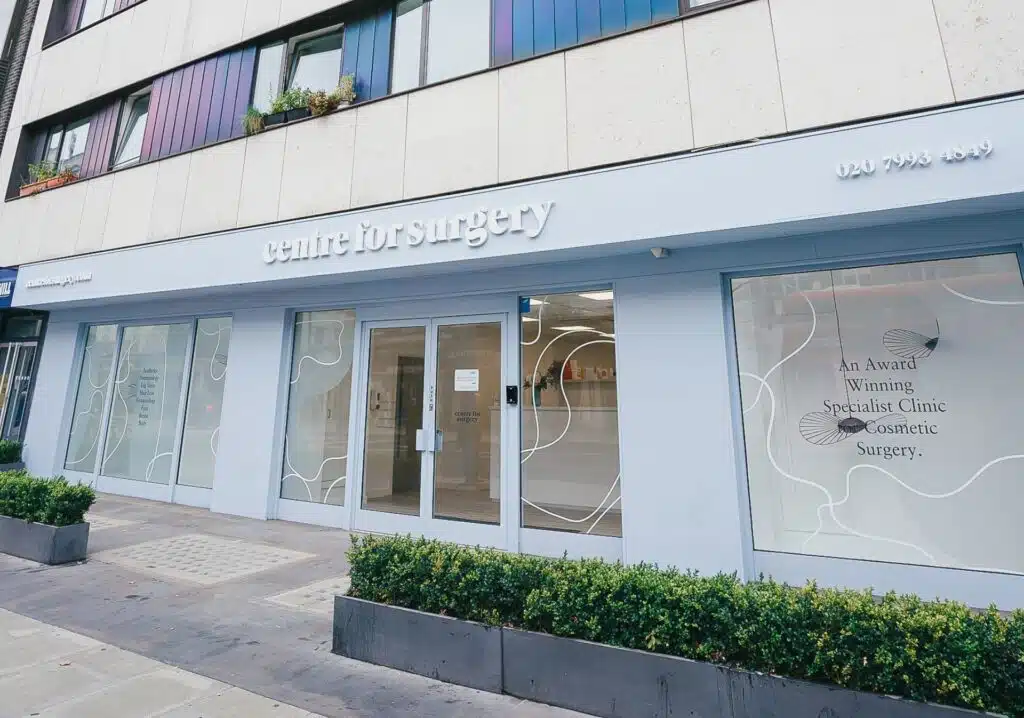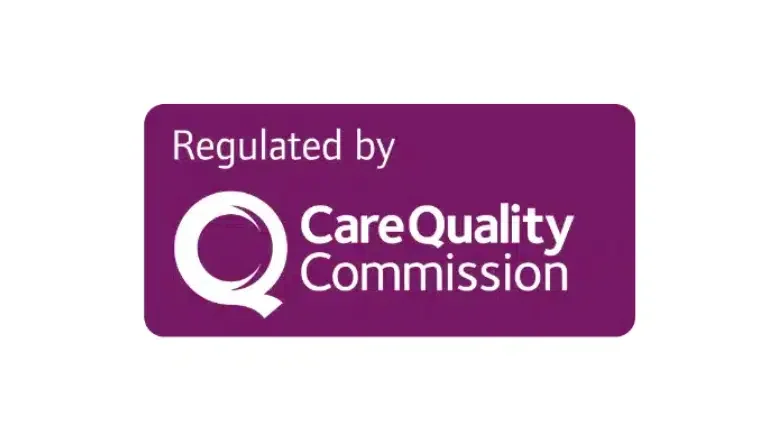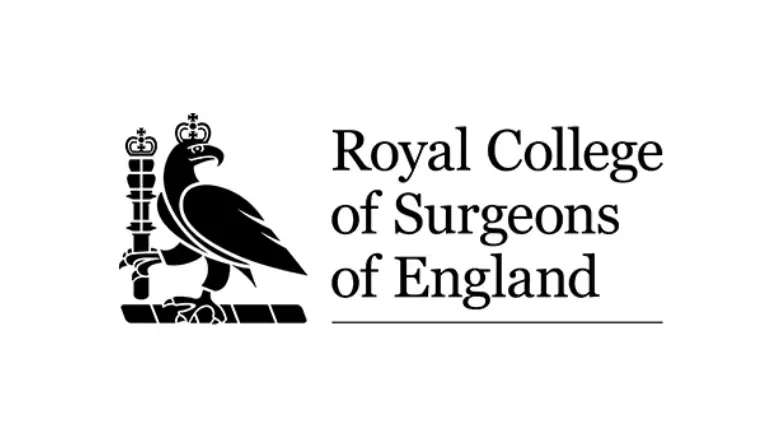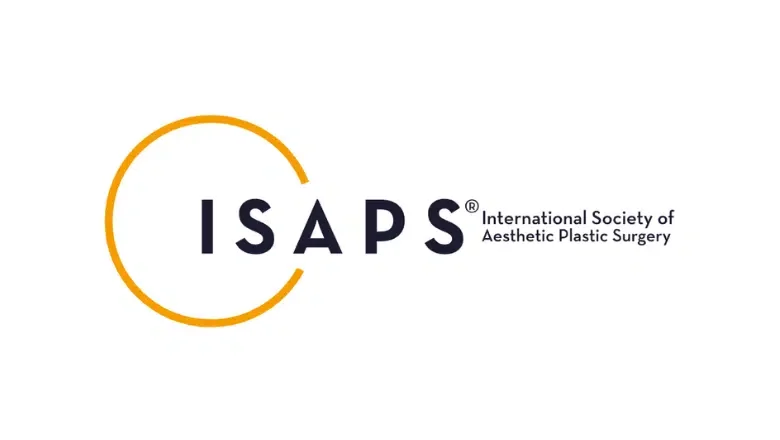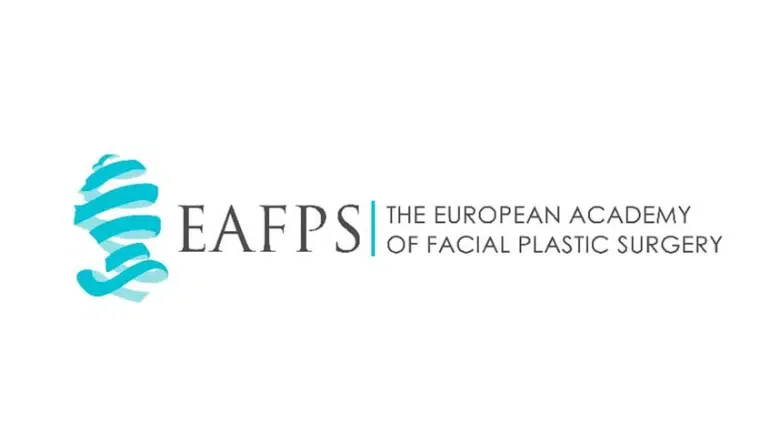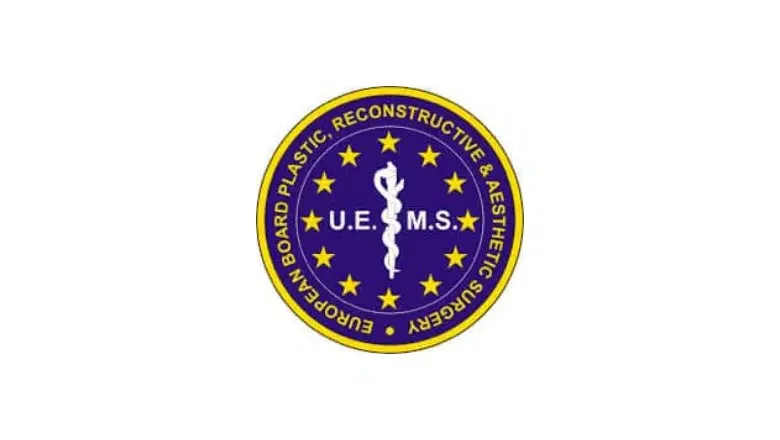Breast Augmentation: Understanding Common Side Effects
Breast augmentation is a major decision, and if you’ve never undergone surgery before, you may be unsure of what to expect afterwards. While the aftermath of any surgery can be unexpected, it’s important to understand that your body is healing and transforming.
Many common side effects experienced after breast augmentation are completely normal and are to be expected. The healing process takes time, and it is important to follow your surgeon’s postoperative instructions to get the best results from breast augmentation surgery.
RELATED: How long is breast augmentation recovery?
Here are some common side effects after breast augmentation that you should expect:
Little or No Pain
It’s not uncommon for patients to feel good immediately after surgery and experience little to no pain in the first few weeks after their breast augmentation surgery. However, this doesn’t necessarily mean that something is wrong. You should still take it easy and avoid any strenuous activity during the first week of recovery. This includes excessive arm movements above the head. It’s also important to keep in mind that pain thresholds vary among individuals. Patience may take longer to feel back to the normal self compared with others, and this often depends on the extent of the surgery performed. As with any cosmetic surgery procedure at Centre for Surgery, it is important to avoid doing too much too soon, especially during the first week after surgery.
Tightness and Numbness
Tightness and numbness are common side effects that patients may experience after breast augmentation surgery. The tightness is caused by the surgical procedure itself, as the body needs time to adjust to the newly placed implants and the skin needs time to stretch and conform to the new breast shape. Numbness is also a common side effect, and it occurs because the nerves in the breast tissue are temporarily affected during the surgery.
These sensations of tightness and numbness are usually temporary and should subside as the body heals. The majority of patients regain feeling in the breasts within a few weeks to a few months after the procedure. However, in rare cases, patients may experience prolonged numbness or loss of sensation that can last up to 18 months.
Patients should follow their surgeon’s postoperative instructions carefully to help manage these sensations. This may include gentle breast massage to promote healing and alleviate tightness, as well as avoiding strenuous activities that can put excessive pressure on the breasts. It’s important to note that patients should not attempt to massage or manipulate the breasts without first consulting with their surgeon.
If patients experience persistent tightness or numbness, they should contact their surgeon to discuss their concerns. While these sensations can be uncomfortable, they are a normal part of the recovery process after breast augmentation surgery. With proper care and attention, patients can ensure a safe and successful recovery and achieve the best possible outcome.
Asymmetrical Swelling
Asymmetrical swelling is a common occurrence after breast augmentation surgery. Each breast may respond differently to the surgical procedure, resulting in one breast being more swollen than the other. This uneven swelling can be concerning for some patients, but it’s important to understand that it’s a normal part of the recovery process.
Patients should be patient and allow their body time to heal. Asymmetrical swelling typically resolves on its own as the body recovers from surgery. The majority of swelling should subside within the first few weeks after the procedure. However, it can take several months for the breasts to fully settle and achieve their final shape and size.
It’s important to keep in contact with the surgeon during the recovery process to ensure proper healing and address any concerns that may arise. If patients experience excessive swelling or other symptoms such as fever or severe pain, they should contact their surgeon immediately.
While asymmetrical swelling may be uncomfortable and cause temporary dissatisfaction with the appearance of the breasts, patients should remain patient and follow their surgeon’s post-operative instructions carefully. This will help to ensure optimal healing and the best possible outcome.
Bruising Between or Below the Breasts
Most patients experience bruising in and around the breasts after surgery. However, some patients may be surprised to see bruising between the breasts or below them, around the rib cage. This is normal and happens because of gravity. Bruising naturally follows the direction of gravity. Excessive bruising, particularly if it is around one breast, should be assessed further to rule out a potential breast haematoma.
Unable to “Feel” Your Implants
It’s normal for your breasts to feel tight and stiff one month after surgery, and it’s common for patients to say they can’t feel their implants. As the swelling subsides, you will eventually be able to identify and feel your implants. However, don’t worry if you can’t identify them immediately, as they feel very natural and can be difficult to detect, even after swelling has gone down. Our postoperative nurses will train you in how to perform breast massages to improve the softness of the breasts and speed up the resolution of swelling.
Leaking from the incisions
Seeing spotting or leakage from your incisions can be alarming, but it’s completely normal. It’s common to leak or ooze blood, watery blood, or a yellow apple juice-coloured discharge after surgery. Patients may feel alarmed to see a small wound discharge, although fortunately, this commonly occurs after breast surgery. Anything which appears excessive should prompt you to have an urgent consultation with your surgeon.
Constipation
Constipation can be a common side effect after breast augmentation surgery. This is because the prescription pain medications given to manage pain after the procedure can slow down the digestive system and cause constipation. Additionally, the changes in the body’s routine and activity level during recovery may also contribute to constipation.
Staying hydrated after surgery is essential to helping prevent constipation. Patients should drink plenty of water and other fluids, such as fruit juices or clear soups, to help regulate bowel movements. Eating high-fibre foods, such as fruits, vegetables, and whole grains, is also recommended to promote regular bowel movements.
Sometimes, the surgeon may prescribe a stool softener or laxative to help manage constipation. However, patients should consult with their surgeon before taking any over-the-counter medications or home remedies.
Constipation can be uncomfortable and even painful, so it’s important to address it promptly. Suppose constipation persists for more than a few days or is accompanied by severe abdominal pain, bloating, or nausea. In that case, patients should contact our clinical support team immediately for further evaluation and treatment.
Tiredness and fatigue
Feeling tired during the first four weeks following your breast augmentation is common. Your body has undergone surgery and is using much energy to heal. Don’t be surprised if you feel energetic one moment and then feel like taking a nap the next. Healing after breast implant surgery requires the body to get plenty of rest to minimise the risk of complications. Don’t be concerned if you need extra rest during the day, especially if you are not used to this in your normal daily routine.
Learn more about Breast Augmentation at Centre for Surgery
It’s normal to feel uncertain or anxious about what’s happening to your body after surgery. If you have any concerns about anything that’s happening following your breast augmentation, don’t hesitate to contact your surgeon for guidance. They’re there to see you through your journey and ensure a safe and complete recovery.
Centre for Surgery is considered the leading plastic surgery clinic in London for all types of breast surgery, including breast augmentation with implants. We carry out hundreds of breast implant procedures each year at our state-of-the-art Baker Street clinic in Marylebone. Call us today to schedule an in-person consultation at 0207 993 4849. Alternatively, you can complete the contact form below. One of our friendly and knowledgeable Patient coordinators will act as your personal point of contact throughout your journey us at the Centre for Surgery.

